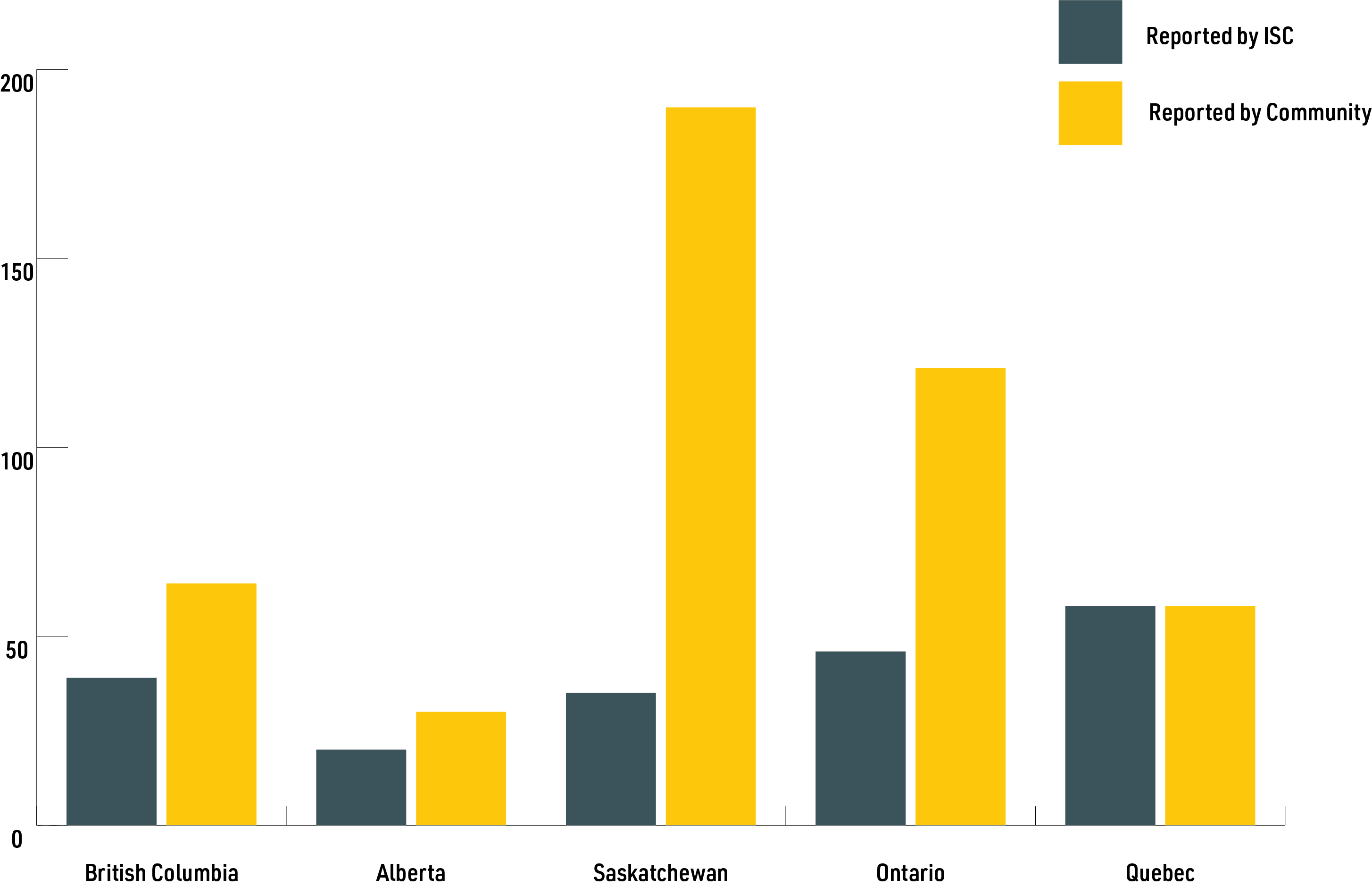I chose this title, Other Homes of the Underclass During Covid-19: Meat Processing Plants, Prisons and Reserves, because I had already started a thread on long-term care homes where seniors are exiled. All of them are characterized by being undervalued in society and pushed to live in conditions that seriously affect their health.
I had been thinking about doing this for a while, but life, other threads, and inertia kept from beginning this thread. The final impulse to start this was the news that 64 Cargill employees tested positive at its meat-packing plant near Montreal. So I will start there.
When the union for food inspectors complains that its members face dangerous conditions when entering these plants, you know the conditions for plant workers must be beyond wretched.
Cargill Ltd. is suspending operations at its meat-packing plant near Montreal after more than 10 per cent of its work force tested positive for COVID-19, marking the company’s second shutdown in Canada because of the novel coronavirus.
The company on Sunday said it will “temporarily idle” its facility at Chambly, Que., after 64 employees tested positive. The closing comes one week after the global agribusiness reopened its slaughterhouse in High River, Alta., the site of the country’s largest outbreak. The plant was closed for two weeks because nearly half of its 2,000 employees had tested positive for the virus.
Most of the workers at the High River facility have now recovered, and the company has ramped up health and safety measures there, including installing partitions between workers on the line. However, the Agriculture Union, which represents federal inspectors, is raising new concerns. It says that the Canadian Food Inspection Agency (CFIA) is forcing its members to train for dangerous work in meat-packing facilities. In a statement late Sunday, the CFIA said that in order to protect the food supply and ensure employee safety, the agency is hiring new inspectors, bringing employees out of retirement, paying for additional overtime and reassigning staff to high-priority areas. When it comes to reassignment, the agency said it looks first for volunteers and, as a last resort, asks employees to take on slaughterhouse work. “Employees always have the right to refuse work if they have reasonable cause to believe there is danger,” the statement said. “There have been no cases of refusal to work to date." ...
Meat-processing plants in North America have emerged as COVID-19 hotspots. A recent Globe and Mail investigation into the Cargill outbreak in High River revealed an environment where employees, largely immigrants and temporary foreign workers, say they felt pressure, even incentivized, to continue working. They say this occurred despite testing positive for the illness, recently travelling abroad or having COVID-19 symptoms. The company did not start requiring employees to wear face masks until mid-April. ...
Cargill’s facilities in High River and Chambly are represented by the same union, but their experiences stand in contrast. In Chambly, the union said Cargill implemented physical distancing measures at the plant, provided personal protective equipment (PPE) such as masks, gloves and visors to employees early in the pandemic, and responded to workers’ requests.
In High River, the union is seeking a stop-work order, arguing that the slaughterhouse remains unsafe after resuming operations on May 4 because protections are inadequate; the union has also filed an unfair labour-practice complaint with the provincial labour board, with a hearing slated for later this week.
In Alberta, workplace safety authorities have determined that Cargill’s High River plant failed to include worker representation during its health and safety investigation into the outbreak, according to a May 8 Occupational Health and Safety report obtained by The Globe. OHS gave Cargill an extension to May 18 to investigate the circumstances around COVID-19 infections that potentially stemmed from the plant, engage with the joint worksite health and safety committee, and resubmit its report.
A Cargill worker told The Globe this weekend that safety measures at the High River slaughterhouse have improved since the reopening last week, and that the company appears to be more responsive to health and safety concerns. The worker, whom The Globe is not identifying because of privacy concerns and fears of workplace reprisal, said employees still feel pressure to work.
Fabian Murphy, the national president of the Agriculture Union, which represents federal inspectors, is raising new concerns after the CFIA indicated that it intends to train inspectors who typically work in other sectors for reassignment in meat-packing plants. He said federal officials told him in a recent weekly call that if an inspector were to decline a reassignment for fear of contracting COVID-19, it could be considered an act of insubordination.
“Our folks are in these plants for eight hours a day, working shoulder to shoulder,” Mr. Murphy said in an interview Sunday, adding that it is not feasible for trainees to maintain proper physical distancing while shadowing trainers in noisy meat-packing plants. “The employer is not being realistic here or respecting the level of hazard that these employees are facing.”
Inspectors with concerns are free to file a grievance under their collective agreement, but are expected to accept their reassignment as they await a decision, Mr. Murphy said.
https://www.theglobeandmail.com/canada/article-cargill-shuts-down-montre...







